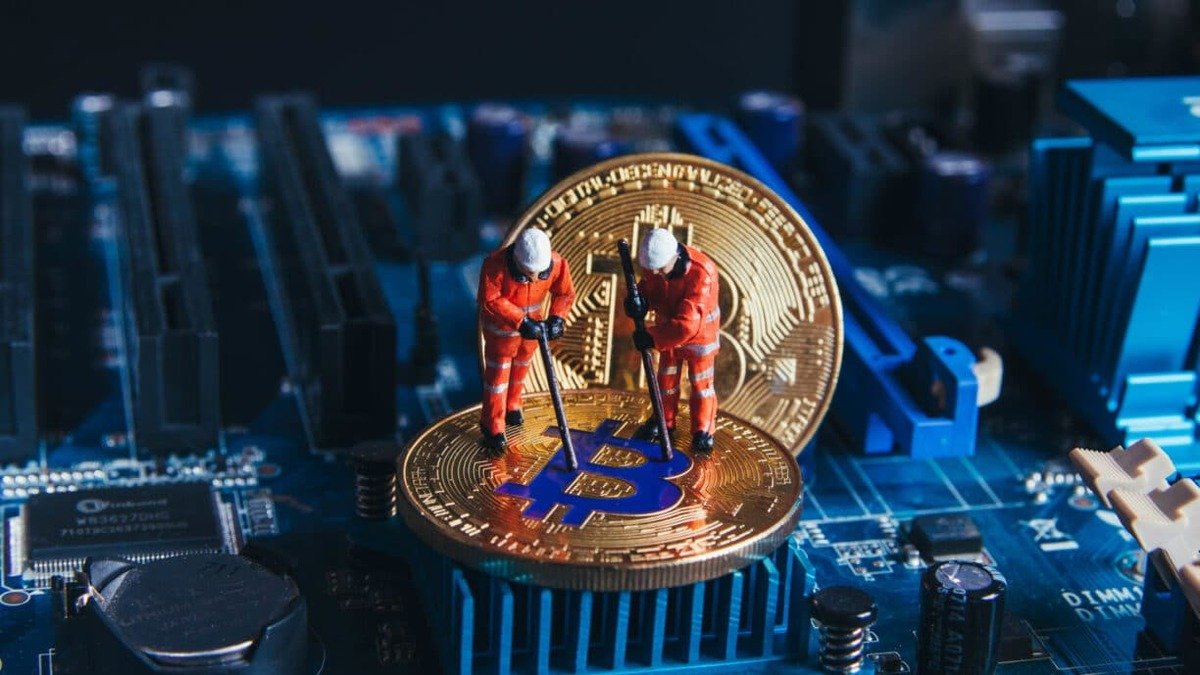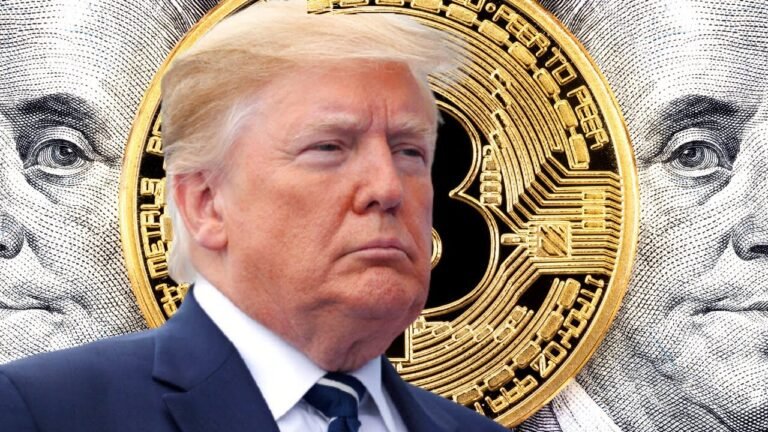The pledge by Donald Trump to guarantee that all remaining Bitcoin is “made in the USA” has ignited much controversy. While meeting with Crypto mining executives, Trump’s promise shows that his position on digital currencies has changed. Despite the dedication, professionals warn that there are several reasons why this objective may be impossible to achieve, as explained in this article.
Challenges of Bitcoin Mining and National Control
Recent data indicates that the majority of Bitcoin has already undergone mining, leaving only a small portion for production. Given this fact, it is quite tough for President-elect Donald Trump to fulfil his pledge to produce Bitcoin exclusively in the United States. No one nation or organization can regulate Bitcoin mining because it takes place on a decentralized network.
Furthermore, mining operations on a global scale control the market, while miners in the United States account for fewer than half of the overall processing power. This discrepancy highlights the challenges of having Bitcoin manufactured by a single country. It is already difficult to turn the tide completely in favour of domestic players due to the fierce competition in the industry.

Not only that, but these problems also arise at the same time; East Japan is putting stability first in its foreign exchange strategy and rejecting Bitcoin as a national reserve. The government emphasized the instability of Bitcoin prices and its lack of conformity with established financial systems.
Contrasting dramatically with other private businesses in Japan, this cautious posture is interesting. As an illustration, MicroStrategy, Metaplanet, a Japanese company, increased its total holdings to 1,761.98 BTC after investing ¥9.5 billion to acquire 617 BTC. Despite a price decline, this action increased its Bitcoin reserve by 56%. With CEO Simon Gerovich highlighting Bitcoin’s function in protecting money from the falling yen, the firm announced a 309% yield on its BTC holdings in Q4.
Challenges for US Bitcoin Miners in a Global Market
Miners in Asia, Africa, and the Middle East are among the most prominent international players with substantial resources in Bitcoin mining. Energy costs are lower, and there are fewer regulatory restrictions in certain regions, giving them an advantage over operations in the US. Consider Argentina and Ethiopia, two nations that provide reliable sources of US dollar income and simple access to inexpensive hydropower. It makes them more formidable competitors in the market.
The fact that Bitmain and other Chinese companies produce the vast majority of Bitcoin mining hardware only deepens the problem. US cryptocurrency miners face additional challenges due to potential tariff policies or trade wars implemented by the Trump administration, which might lead to higher costs for purchasing necessary equipment.
Still, several American mining firms, like Riot Platforms Inc and CleanSpark Inc have backed Donald Trump despite the lofty promise. These businesses are banking on their government to loosen environmental restrictions and make them more accommodating to their needs. On the other hand, several mining companies are forging international collaborations to combat the growing energy expense in the United States.
For example, MARA Holdings Inc. and an Abu Dhabi sovereign wealth fund have just announced a partnership to build one of the biggest mining farms in the Middle East. Backed by his larger economic agenda, Donald Trump has pledged to make Bitcoin” in the USA.” However, there are institutional and practical obstacles to this dream.
Final Thoughts
Given the decentralized nature and global competitiveness of Bitcoin, Donald Trump’s claim to ensure its “made in the USA” status faces significant obstacles. Although several well-known mining companies are based in the United States, domestic miners face difficulties due to lower energy costs, fewer laws in other countries, and international partnerships. Global production and possible trade restrictions make it even more difficult to secure mining hardware, further complicating the task. The current global context makes it difficult to accomplish Trump’s promise of bolstering the U.S. economy, even though his vision reflects this ambition.
[sp_easyaccordion id=”6091″]


